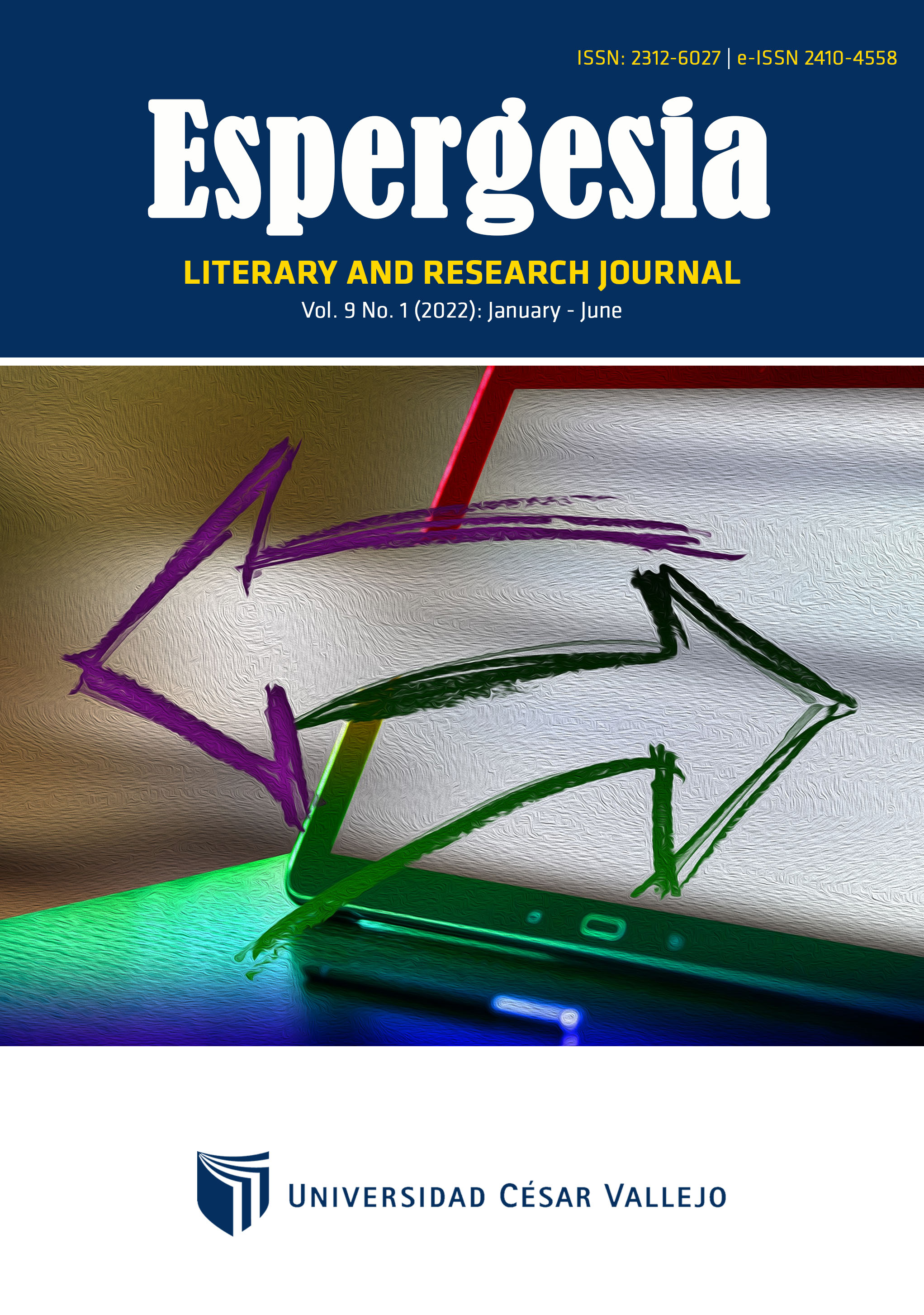The Impact of the Indonesian Polarization Phenomenon on Javanese Voting Behavior in the 2024 Election
DOI:
https://doi.org/10.18050/rev.espergesia.v9i1.2088Abstract
This research analyses the factors that affect people’s preferences in their political decisions. In Indonesia, the people of Java Island account for 56.10% of the total population and lead to changing the contemporary political structure. Researchers held focus group discussions at several cities across Java Island to identify citizen knowledge of socio-political conditions and trace out characteristics of future leaders. One of the significant findings of this paper is that the ability to understand public interest in political issues is an essential factor for Javanese people to consider when selecting leaders in the future.
Keywords: Political behavior; political participation; public opinion.
References
Antwi, R. B. (2018). How Do Voters Decide? A Study of the Determinants of Voting Behavior in Ghana [Master of Arts Thesis, University of Ghana]. https://corescholar.libraries.wright.edu/etd_all/2225/
Ardipandanto, A. (2020). The Impact of Identity Politics in the 2019 Presidential Election: Perspective. DPR RI Journal.
Bartels, L. M. (2012). The Study of Electoral Behavior dalam. Oxford University Press.
Bratton, M., Bhavnani, R., & Chen, T. H. (2012). Voting intentions in Africa: ethnic, economic or partisan? Commonwealth & Comparative Politics, 50(1), 27-52. https://doi.org/10.1080/14662043.2012.642121
Budiarjo, M. (2008). Dasar-Dasar Ilmu Politik. Gramedia Pustaka Utama.
Campbell, D. E., Green, J. C., & Layman, G. C. (2010). The party faithful: Partisan images, candidate religion, and the electoral impact of party identification. American Journal of Political Science, 55(1), 42-58. https://doi.org/10.1111/j.1540-5907.2010.00474.x
Efriza, P. E. (2012). Political Explore: Sebuah kajian ilmu politik. International IDEA.
Firmansyah, T. (2019, October 13). Peneliti LIPI: Pengawasan Tak Cukup dari Partai Oposisi. https://www.republika.co.id/berita/pzbhpc377/peneliti-lipi-pengawasan-tak-cukup-%20dari-partai-oposisi
Fossati, D. (2019). The resurgence of ideology in Indonesia: Political Islam, Aliran and political behaviour. Journal of Current Southeast Asian Affairs, 38(2), 119-148. https://doi.org/10.1177%2F1868103419868400
Greene, S. (1999). Understanding party identification: A social identity approach. Political psychology, 20(2), 393-403. https://doi.org/10.1111/0162-895X.00150
Haryanto, H. (2014). Kebangkitan Party ID: Analisis Perilaku Memilih dalam Politik Lokal di Indonesia. Jurnal Ilmu Sosial dan Ilmu Politik, 17(3), 291-308. https://doi.org/10.22146/jsp.13082
Herman, L. E. (2017). Democratic partisanship: From theoretical ideal to empirical standard. American Political Science Review, 111(4), 738-754. https://doi.org/10.1017/S0003055417000247
McCoy, J., & Somer, M. (2018). Toward a theory of pernicious polarization and how it harms democracies: Comparative evidence and possible remedies. The Annals of the American Academy of Political and Social Science, 681(1), 234-271. https://doi.org/10.1177%2F0002716218818782
McCoy, J., Rahman, T., & Somer, M. (2018). Polarization and the global crisis of democracy: Common patterns, dynamics, and pernicious consequences for democratic polities. American Behavioral Scientist, 62(1), 16-42. https://doi.org/10.1177%2F0002764218759576
Mietzner, M. (2014). Indonesia’s 2014 elections: How Jokowi won and democracy survived. Journal of Democracy, 25(4), 111-125. https://muse.jhu.edu/article/556415/summary
Nursal, A. (2004). Political Marketing: Strategi Memenangkan Pemilu. Jakarta: Gramedia Surbakti.
Satriadi, Y., Yusuf, S., & Ali, R. (2021). Understanding the Voter’s Behavior as an Effort to Increase Publics’ Political Participation in Indonesia. International Journal of Academic Research in Business and Social Sciences, 11(2), 960-972. http://dx.doi.org/10.6007/IJARBSS/v11-i2/9192
Slater, D., & Wong, J. (2013). The strength to concede: Ruling parties and democratization in developmental Asia. Perspectives on Politics, 11(3), 717-733. https://doi.org/10.1017/S1537592713002090
Stavrakakis, Y. (2018). Populism, anti-populism and democracy. Political insight, 9(3), 33-35. https://doi.org/10.1177%2F2041905818796577
Towns, A. (2010). Economic Theory of Democracy. Shanghai Century Press.
Triwibowo, W. (2019, April 24). Preventing Political Polarization After the 2019 Presidential Election is Sharper. https://nasional.kompas.com/read/2019/04/23/13291151/mencegah-polarisasi-politik-pasca-pilpres-2019-semakin-tajam?page=all
Wardhana, S. (2019, October 21). Jokowi officially asks Gerindra to join new Cabinet: Prabowo. https://www.thejakartapost.com/news/2019/10/21/gerindras-prabowo-ready-to-contribute-to-jokowis-cabinet.html
Downloads
Published
How to Cite
Issue
Section
License
Copyright (c) 2022 Dea Alita Marsanty, Diska Putri Pamungkas, Ayu Henidar Mulyara, Yuri Ardiana

This work is licensed under a Creative Commons Attribution-NonCommercial 4.0 International License.







